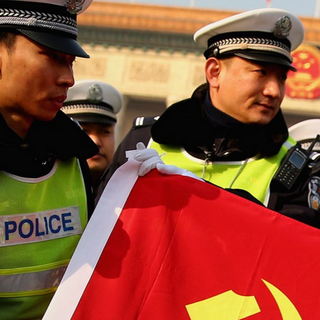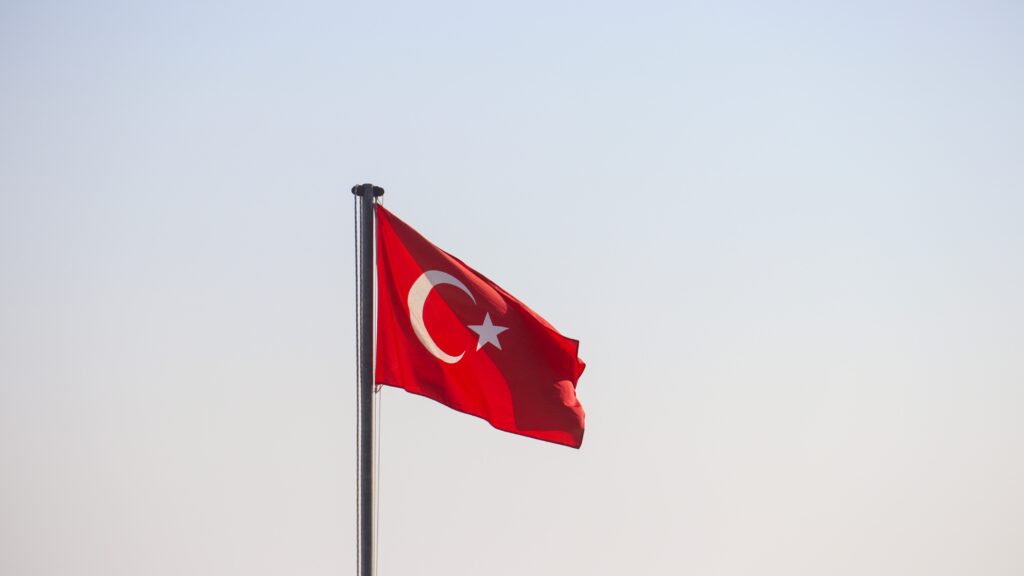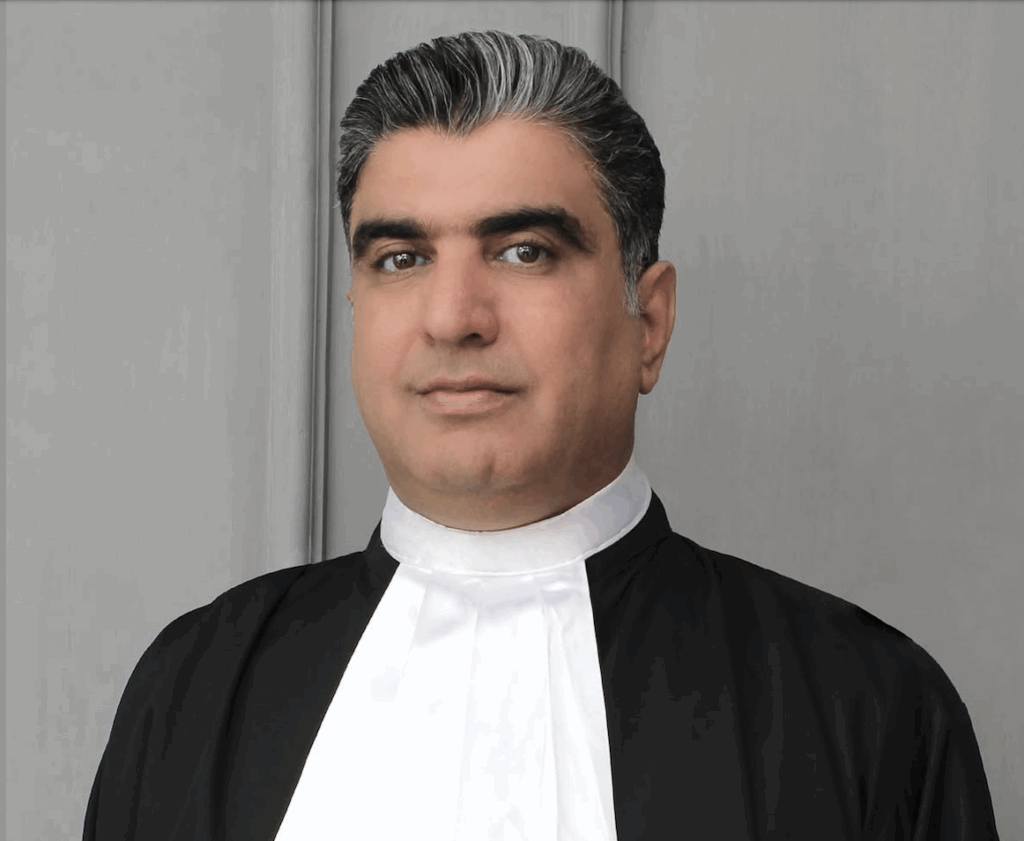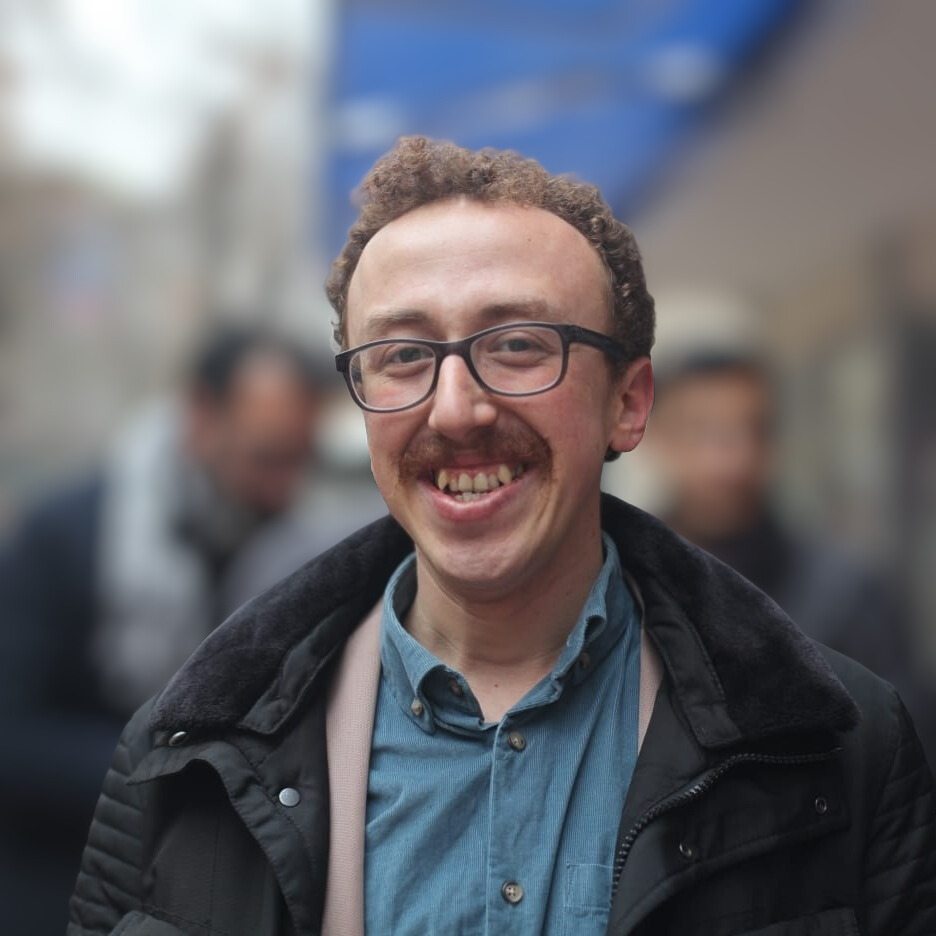Today, 9 July 2023, marks the 8th anniversary of a nationwide campaign using criminal laws and executive controlled courts to silence lawyers and other human rights activists through arbitrary arrests, detentions, convictions, and imprisonment. Starting on 9 July 2015 the Chinese government arrested over 300 lawyers and activists during this campaign, which has become known as the ‘709-Crackdown’. A new wave of repression is sparking concern over a ‘709-Crackdown 2.0’.
Since the start of the Crackdown, lawyers that acted on behalf of victims of the 709-Crackdown have themselves been abducted, detained, arrested, held incommunicado, summoned, convicted or otherwise restricted in their freedom. The majority of these persons have been charged with vague and broad violations of the law, such as ‘subversion of state power’, ‘inciting subversion of state power’, ‘picking quarrels’ or ‘stirring up troubles’. While many lawyers were held without having been charged with a crime nor knowing what they were accused of, others underwent show trials lasting just a few hours and were subsequently sentenced to lengthy prison sentences. Many of those sentenced in the aftermath of the 709-Crackdown have yet to be released. The official government explanation for the mass detention was the breakup of a “major criminal gang of rights defence lawyers that seriously disrupted social order“.
709-Crackdown, 1226-Crackdown and arrest of lawyers in Hong Kong an alarming trend
The 709-Crackdown was not the last time a grouping of Chinese lawyers was harassed and detained by the authorities. On 26 December 2019, a large-scale and nationwide coordinated action was taken against human rights lawyers and activists again. After topics such as governance, human rights and democratic transition were discussed at an informal gathering of lawyers and activists in Xiamen on 13 December 2019, the government opened a manhunt for those present during the meeting. More than twenty lawyers and activists were arrested, summonsed or went incommunicado. This prosecution, known as the 1226-Crackdown, is a further example of the deterioration of the position of lawyers in the People’s Republic of China.
In the wake of the adoption of the Hong Kong National Security Law on 30 June 2020, Hong Kong lawyers have also been arrested, prosecuted, disbarred and harassed. The National Security Law includes life sentences for vaguely defined offences such as ‘subversion’ and ‘collusion with foreign forces’, and has been used by specially appointed judges to punish lawyers who act on behalf of Hong Kong political activists. In the wake of the adoption of the law and the arrests of well-known Hong Kong human rights lawyers, dozens of lawyers have left Hong Kong. In May 2023, Hong Kong enacted a law limiting the work of foreign lawyers in national security related cases, further impacting the rights of lawyers to practice freely in Hong Kong.
The Chinese government’s repression does not only focus on individual lawyers, however. The government also exercises suppressive control by means of broadly applicable laws and directives. Since November 2016, all lawyers and law firms are required to support the leadership of the Communist Party of China and the socialist rule of law as a basic requirement for legal practice. These directives gravely impede lawyers’ right to freedom of expression, assembly and association and have seriously weakened the independence of lawyers. Furthermore, law firms and lawyers are subject to annual inspections and a yearly renewal of their licenses which have been used to intimidate lawyers and their firms. The authorities have revoked and suspended lawyers’ licences, and disbarred lawyers.
‘709 Crackdown 2.0’
Additionally, the lawyers who were arrested during the ‘709 Crackdown’ or in its aftermath for defending the lawyers arrested on 9 July 2015 and who have since completed their prison sentence are still subject to harassment. This harassment has intensified in the last few months, leading human rights organisations to refer to this new wave of repression as the ‘709 crackdown 2.0’.
For example, lawyer Zhou Shifeng, who was arrested during the ‘709 Crackdown’ completed his 7 year prison sentence in November 2022. He has reported leaving Beijing in May 2023 due to increasing pressure and surveillance by State authorities. Lawyer Wang Quanzhang was also arrested during the ‘709 Crackdown’ and was released from prison in April 2020. Due to constant threats and harassment, Mr Wang and his family have been forced to move 13 times in Beijing over the past two months. Yu Wensheng, who was Wang Quanzhang’s defense lawyer, finished a four year prison sentence on 1 March 2022. Mr Yu and his wife Xu Yan were picked up by the police on 13 April 2023 and have been charged with crimes relating to national security. Li Yuhan, defense lawyer or arrested ‘709’ lawyer Wang Yu, has been detained since October 2017. Despite her trial finally being held in 2021, she has still not been given a judgment. Ms Li remains in prison, whilst her health is deteriorating and her access to medical services is limited. Lawyer Ding Jiaxi, who was initially arrested during the ‘1226 Crackdown’ was sentenced to 12 years imprisonment and 3 years deprivation of political rights on 10 April 2023.
Lawyers for Lawyers has grave concerns about the situation of all lawyers currently detained, held incommunicado, disbarred, surveilled or otherwise limited in their freedom by the Chinese authorities. Lawyers for Lawyers calls upon the Chinese and Hong Kong governments to immediately stop all forms of harassment and persecution of lawyers, including through administrative means, and unconditionally release those arbitrarily deprived of their liberty.




